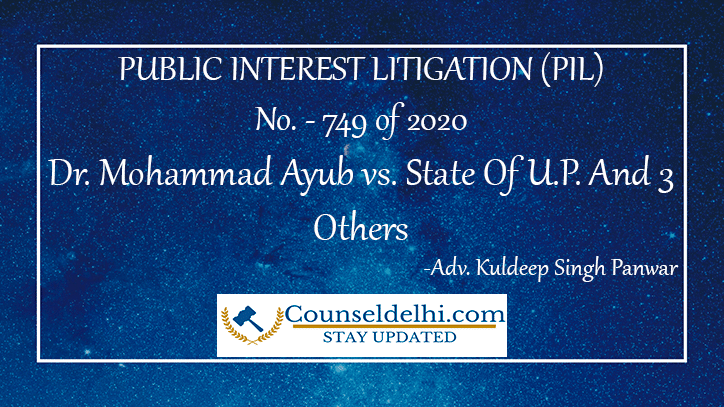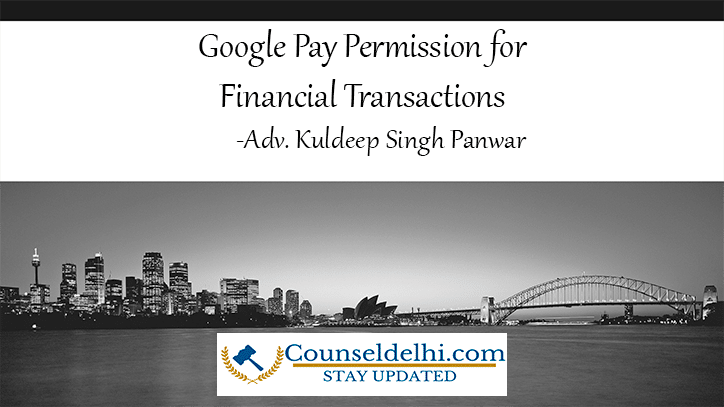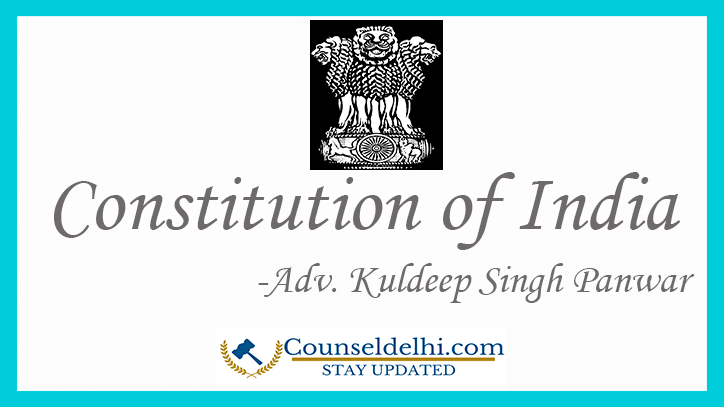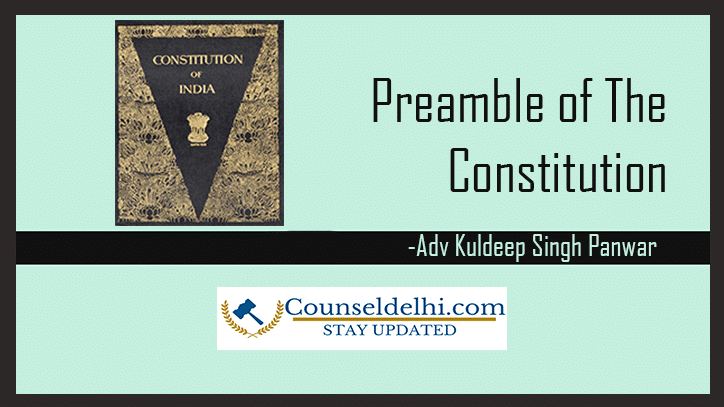Case:- PUBLIC INTEREST LITIGATION (PIL) No. – 749 of 2020
Petitioner:- Dr. Mohammad Ayub
Respondent:- State Of U.P. And 3 Ors.
Counsel for Petitioner:- Arvind Kumar, Rahul Chaudhary
Counsel for Respondent :- C.S.C.
Hon’ble Pankaj Mithal, J.
Hon’ble Dr. Yogendra Kumar Srivastava, J.
Headline Summary: Art.25 – Fundamental Rights under Part – III though transcendental, inalienable and primordial, held, not absolute but subject to reasonable restrictions.
- Heard Sri Rahul Chaudhary, learned counsel for the petitioner and the learned Standing Counsel appearing for the State-respondents.
- The petitioner is claiming to be a renowned surgeon and a member of the Peace Party. He has preferred this writ petition in public interest alleging that Qurbani (sacrifice) is mandatory on the festival of Eid-ul-Adha which is falling on 31.07.2020. He orally submits that the festival is actually on Saturday, the 1st of August, 2020. The petitioner, therefore, prays that for the purposes of Qurbani on the said day of festival relaxations may
be provided in the guidelines of the State Government dated 12.07.2020 which contemplate for a two days’ lockdown in view of COVID-19 pandemic on every Saturday and Sunday. - The submission of the learned counsel for the petitioner is that the lockdown which is applicable on every Saturday and Sunday infringes with the right guaranteed under Articles 21 and 25 of the Constitution of India.
- Fundamental Rights as contained under Part III of the Constitution have always enjoyed a special and privileged place in the Constitution and occupy a unique place in the lives of the civilized societies. They have been held to be transcendental, inalienable, and primordial. However, the Fundamental Rights under Part III are not of an absolute nature, and the same are subject to reasonable restrictions.
- Article 25 secures to every person the freedom of conscience and free profession, practice and propagation of religion.
- The entitlement to freedom of conscience and the right freely to profess, practice and propagate religion is, however, subject to public order, morality and health and to other provisions of Part III.
- The right to freedom of religion guaranteed under Article 25 of the Constitution thus cannot override the interests of public order, morality and health and is also subject to other provisions contained under Part III.
- The right under Article 25 guaranteeing freedom of conscience, profession, practice and propagation of religion is subject to “public order, morality and health”, and also “to other provisions” of Part III of the Constitution, the restrictions imposed by the State Government imposing lockdown for two days in a week during the extraordinary situation created due to COVID-19 pandemic, cannot be said to impinge upon any of the Fundamental Rights of the petitioners or members of any religious community.
- It is pertinent to mention that guarantee of the Fundamental Rights has been made subject to reasonable restrictions which may be imposed by the State. The power to impose reasonable restrictions may be necessary in the interest of public order, morality and health provided the restrictions so imposed are not unreasonable and arbitrary.
- We, in such a situation, where the restrictions imposed have neither been shown to be arbitrary or unreasonable, find no reason whatsoever for relaxing the conditions contained under the guidelines.
- The counsel for the petitioner is unable to establish before us as to in what manner the restrictions imposed in terms of the guidelines issued by the State Government in the light of the prevailing COVID-19 pandemic impinge upon any of the fundamental rights of the petitioner or of any person especially in these unprecedented times of COVID-19 pandemic which casts an onerous obligation upon the State to take measures to secure the health and lives of its citizens.
- Having regard to the aforementioned facts and circumstances, we do not find any element of public interest in the present petition so as to persuade us to exercise our extraordinary jurisdiction under Article 226 of the Constitution of India.
- The writ petition thus fails and is, accordingly, dismissed.
Order Date:- 29.7.2020





